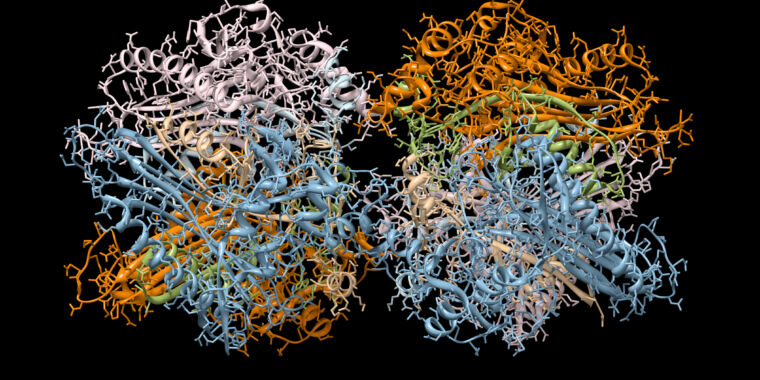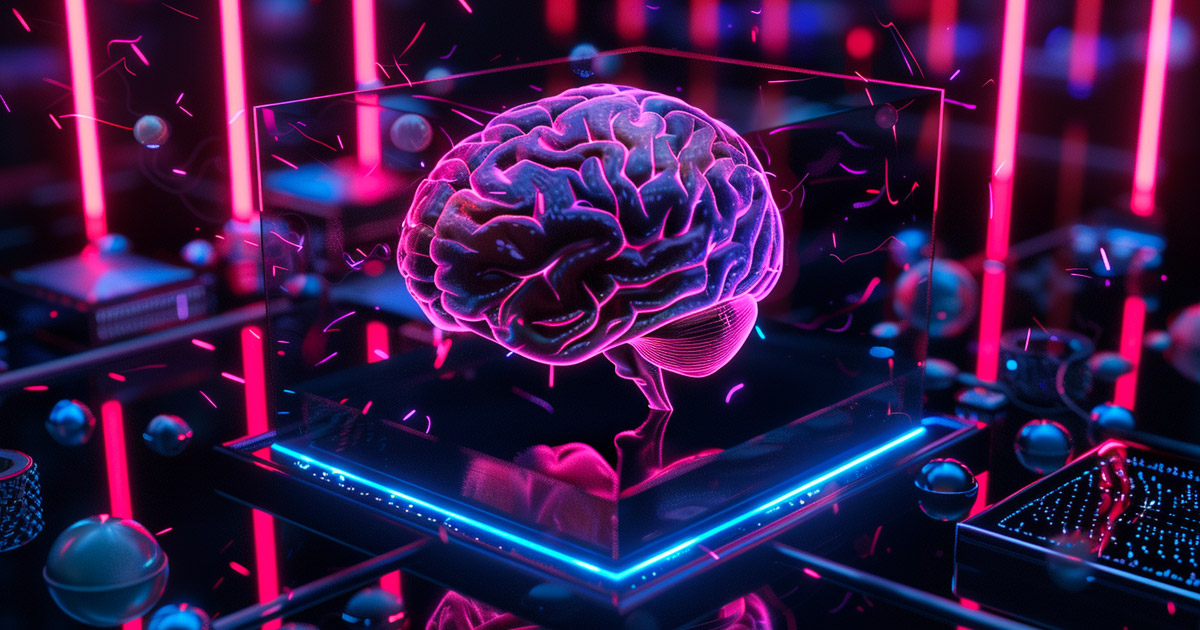Antibodies and Their Significance
Antibodies play a crucial role in modern medicine as they are utilized in the development of various drugs that target specific proteins. These proteins are essential for research purposes, allowing scientists to identify proteins within cells and purify both proteins and cells. Moreover, therapeutic antibodies have proven to be effective in defending against new and emerging viruses such as Ebola and SARS-CoV-2.
Challenges in Antibody Production
Despite their usefulness, the process of creating antibodies can be complex and time-consuming. Traditionally, antibodies are generated by introducing specific proteins into animals to trigger an immune response. Subsequently, these animals produce antibodies that are then purified for various applications. However, this method often encounters challenges such as inconsistencies in antibody properties and inefficiencies in the production process.
AI in Antibody Design
Recent advancements in AI-based protein predictions have the potential to revolutionize antibody production. By leveraging a diffusion model for protein structures, researchers have developed a strategy to design antibodies more efficiently. This approach eliminates the need for animals in the antibody production process and offers a way to tailor antibodies for specific targets.
The Science Behind Antibodies
Antibodies are composed of four-protein complexes, each consisting of two heavy and two light proteins. While heavy proteins have constant regions, the variable regions, unique to each antibody, are responsible for recognizing pathogens. By understanding the variability in antibody production, researchers can design antibodies with precise target recognition capabilities.
Advancements in Antibody Design
AI software has enabled scientists to predict the three-dimensional structure of proteins accurately, paving the way for the design of custom antibodies. By merging AI models with diffusion models, researchers can now create antibodies with specified configurations that effectively target pathogens. This innovative approach has the potential to streamline the antibody development process and enhance the efficacy of therapeutic interventions.
It is evident that AI-driven protein design holds promise for the future of antibody development, offering a more precise and efficient method for creating targeted therapies against various diseases.
Image/Photo credit: source url





